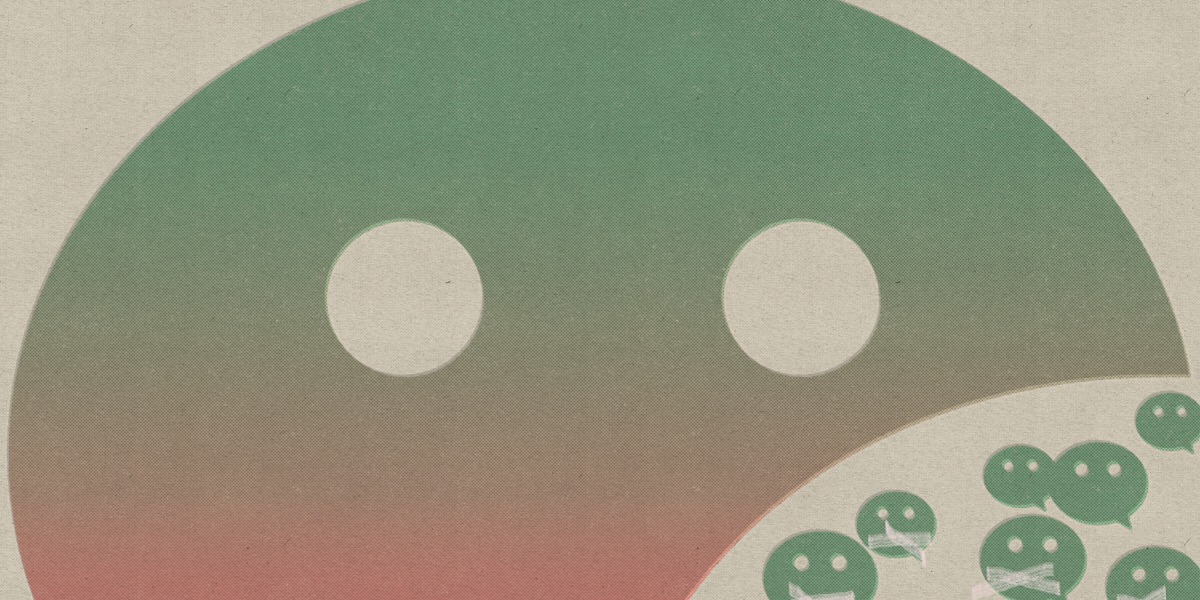
What most of the posts share is a sense of desperation. As WeChat has grown to be the super app that’s used in almost all aspects of life, having your primary account banned can be devastating. The Weibo posts describe how having their WeChat accounts banned made it difficult for people to get messages from colleagues, potential employers, or family members. Some write they are now on the brink of depression.
Meanwhile, Tencent’s customer service Weibo accounts only posted robotic responses under these posts asking them to provide more information. Two Weibo users told MIT Technology Review that posting under the hashtag didn’t help their appeals process at all.
Life after WeChat
Being banned from WeChat turns you into a ghost on the ubiquitous platform. “After losing WeChat, it feels like you lost connection to the world,” says Chen. “Even though you can still log into your WeChat account, read the messages others sent you and the group messages, and make digital payments, you can’t interact with them or reply to them.”
WeChat started allowing banned users to export their contacts in 2020, so if they choose to register a new account and start over, they can add their friends back one by one. But for most WeChat users who have had the app for over a decade, this means adding thousands of contacts manually and explaining to them what they did to trigger the ban.
Chen used his old account for 11 years and had over 1,400 contacts. It took him several hours to add back 500 contacts from his back-up account. “When I was adding contacts back, I was questioned if I was a scammer and the person called me to confirm. If I don’t have this person’s number or other confirmation methods, maybe they will straightaway refuse to befriend me,” Chen says. Then, there’s also the subscriptions, bookmarked content, public accounts he follows, and all other information tied to his WeChat account that he needs to migrate too.
On Friday, after the discussion of the protest had ebbed, many WeChat users were discovering who among their friends were banned or helping their friends spread their new WeChat handles. A 2020 article that offered a helpful checklist on what to do after being banned by WeChat gained at least 70,000 views overnight.
News of the suspensions obviously had a chilling effect too, as people weighed whether to talk about the protest when it was now clear it could get their accounts banned. By holding people’s access to digital services hostage, the government was able to obstruct the spread of information and increase its control.
Not everyone is willing to become a hostage. While Tina has heard about the posts on Weibo begging Tencent for help, that’s not what she wants to do. She understands the severity of political censorship and doesn’t believe posting will help.
So far, she has only told her close contacts about what happened and plans to try living her life without a WeChat account, at least for a little while. She has always felt she spent too much time on social media apps anyway—maybe this forced leave could be a detox experience.
“Many people were registering their second accounts yesterday. But I told them I won’t. I want to give it a try. If, let’s say, I can still live my life normally without WeChat, I think I can choose not to register another account,” she says. “I don’t think an individual should be bound so close with [WeChat] together.”
